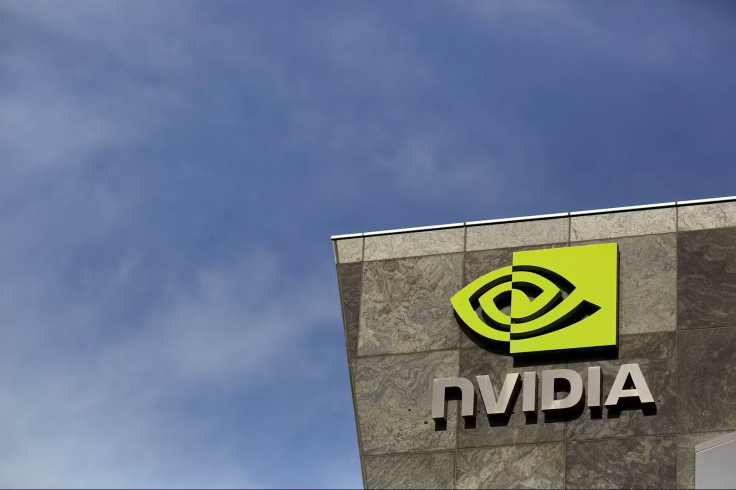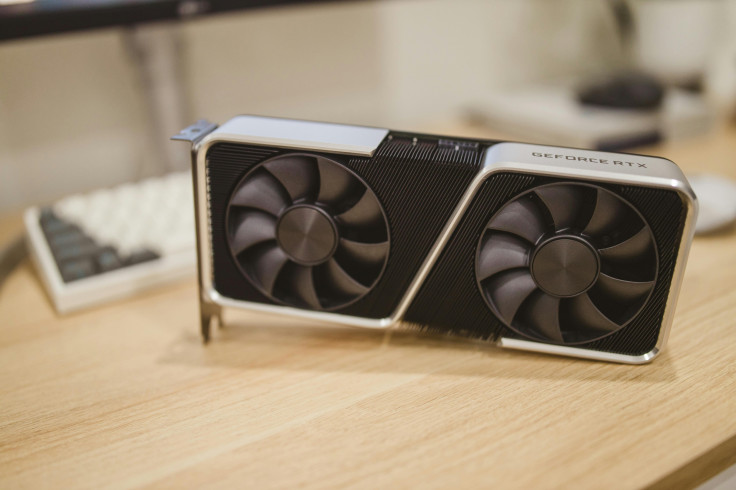Few Investors See It Coming: Nvidia's Next Growth Engine Is Already in Motion
As Nvidia dominates AI infrastructure, a new growth engine is emerging in the PC market—and few are watching

As Nvidia cements its dominance in data centre GPUs and its valuation soars past $4.5 trillion (£3.37 trillion), a quieter revolution is brewing in the background.
The company's next major growth engine isn't hidden in the cloud; it's sitting on the desk. The rise of AI-powered personal computers could transform Nvidia's revenue mix and expand its influence far beyond high-end servers and enterprise AI.
AI PCs: A Quiet Revolution
While Nvidia's data centre business remains its flagship growth driver, the company is now turning its attention to a rapidly expanding segment—AI-powered personal computers.
These machines are equipped with dedicated hardware, such as neural processing units (NPUs) and GPUs, that enable on-device AI tasks, thereby improving productivity and privacy for users.
According to The Motley Fool, the global market for AI PCs is expected to reach $90 billion (£66.81 billion) by 2025, up from $51 billion (£37.86 billion) in 2024. By 2026, that figure could surge to $144 billion (£106.90 billion), driven by demand for devices capable of running generative AI applications locally.
Nvidia's RTX series of GPUs is central to this shift, enabling users to generate AI images, render 3D designs, and accelerate performance across more than 700 games and applications.
This pivot is not just about gaming or creative software; it encompasses a broader range of applications. Nvidia's GPUs support AI models that convert audio to text, search through complex datasets, and enhance real-time collaboration, all without relying on cloud infrastructure.
As enterprises and consumers seek greater control over their data, the appeal of on-device AI is growing, and Nvidia is well-positioned to capitalise.
From Gaming to Productivity

Historically, Nvidia's PC business was closely tied to gaming. Its graphics cards powered immersive experiences and high-performance rendering. But the rise of AI has broadened the scope of GPU utility.
Today, RTX GPUs are being marketed not only to gamers but also to professionals, creators, and developers who require AI-enhanced computing.
This shift is strategic. As noted by Forbes, Nvidia's transformation from a gaming-centric chipmaker to a cornerstone of AI infrastructure has been accelerated by its ability to adapt its technology across verticals.
The company's recent partnerships with Microsoft and Meta, both of which are investing tens of billions in AI infrastructure, underscore the growing demand for Nvidia's hardware beyond traditional data centres.
Market Dynamics and Investor Sentiment
Despite its dominance, Nvidia's PC segment currently contributes a relatively small portion of its total revenue.
However, analysts believe this could change rapidly. The proliferation of AI PCs, coupled with Nvidia's existing brand strength and technical leadership, may unlock a new wave of growth that many investors have yet to appreciate fully.
Investor sentiment remains focused on Nvidia's data centre business, particularly its H100 and Blackwell GPU clusters used for large-scale AI training.
But as AI becomes more decentralised, the PC market could become a significant revenue stream. This diversification is important as competition in the data centre space intensifies.
Moreover, the company's gross margin of over 70% and its ability to scale production efficiently give it a competitive edge in the consumer hardware market.
Nvidia's strategy to embed AI capabilities into everyday computing devices aligns with broader industry trends, positioning it to benefit from both enterprise and consumer adoption.
The Road Ahead
Nvidia's next growth engine is already in motion, even if few investors are paying attention. The convergence of AI and personal computing is creating a fertile ground for innovation, and Nvidia's RTX GPUs are at the heart of this transformation.
The AI PC revolution is already underway, and Nvidia sits at its epicentre. By embedding generative AI capabilities directly into personal computers, the company is effectively extending its dominance from data centres to living rooms and offices.
If forecasts hold, this emerging market could become a $100 billion-plus pillar of Nvidia's growth by mid-decade. For investors betting on long-term innovation, the message is clear: Nvidia's next boom may be closer to home than they think.
© Copyright IBTimes 2025. All rights reserved.





















